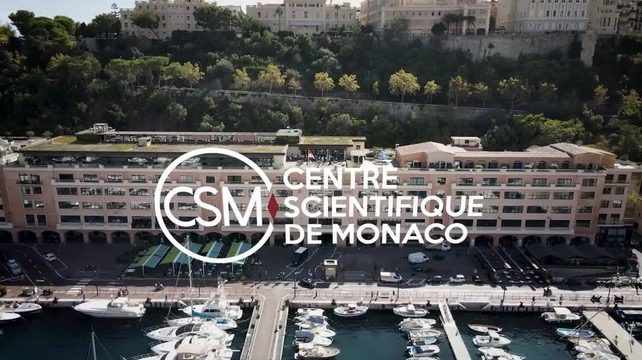Plastics have infiltrated every corner of the Earth — drifting in the seas, suspended in the air, and even circulating in human bodies. Now, the Monaco Scientific Centre (CSM) has taken a leading role in an ambitious international project to measure the full scope of their impact on both human health and the environment. Working alongside Boston College in the United States, the Australian Minderoo Foundation and Germany’s University of Heidelberg, the CSM has helped develop the Lancet Countdown on Health and Plastics — a long-term monitoring framework that will track the effects of plastics from production through disposal. The collaboration has already been featured in The Lancet, one of the world’s most respected medical journals.
The tool is designed to produce consistent and independent indicators in four key areas: harmful emissions released during production and degradation; levels of plastic and its chemical components in the environment and human tissues; the health consequences of exposure; and the effectiveness of government action to curb the problem. Scientists involved in the initiative have raised concerns about the pervasive health risks posed by plastics. Many contain endocrine-disrupting chemicals linked to developmental problems, metabolic disorders, obesity, and cardiovascular disease. Microplastics — tiny fragments shed by larger items — have been found in remote wilderness, deep-ocean trenches, polar ice and mountain air, as well as in human blood, lungs, and other bodily fluids. Certain groups face greater danger, including children, the elderly, and communities living close to petrochemical plants or in regions with poor waste management. Exposure can occur through direct ingestion or inhalation, but also indirectly by exacerbating existing illnesses.
The CSM’s expertise in marine biology and Mediterranean ecosystems has made it an essential contributor to the project. Researchers from Monaco are helping to design the health indicators, oversee data collection, and ensure results are scientifically sound. Studies of local coral reefs and marine species are already shedding light on how microplastics travel up the food chain to reach humans. “Plastic pollution is a global crisis with local consequences,” said project scientists, noting that understanding the problem at every stage is essential to solving it.
The launch of the monitoring framework coincides with high-level negotiations in Geneva, where delegates from 180 nations are attempting to draft the first legally binding treaty to tackle plastic pollution. A previous round of talks in South Korea last year failed to produce an agreement. The consortium hopes that regular, independent data will help break political deadlock and push governments towards a global pact with enforceable targets to phase out harmful plastic production and improve waste management worldwide.

